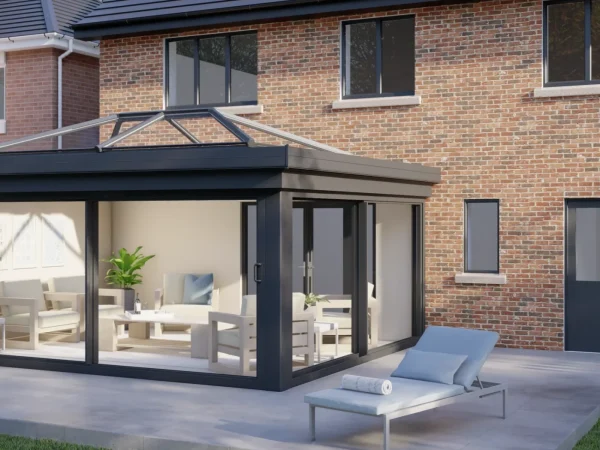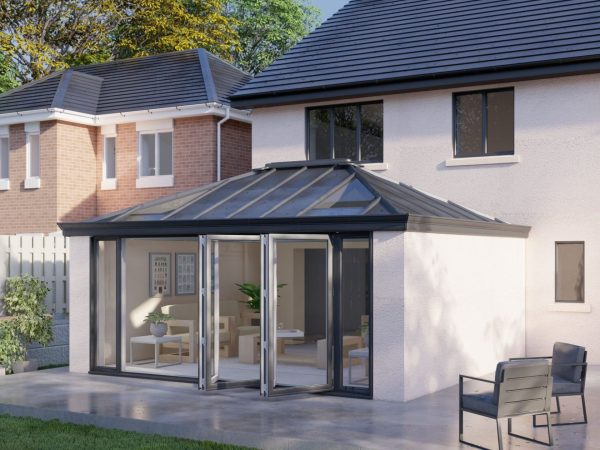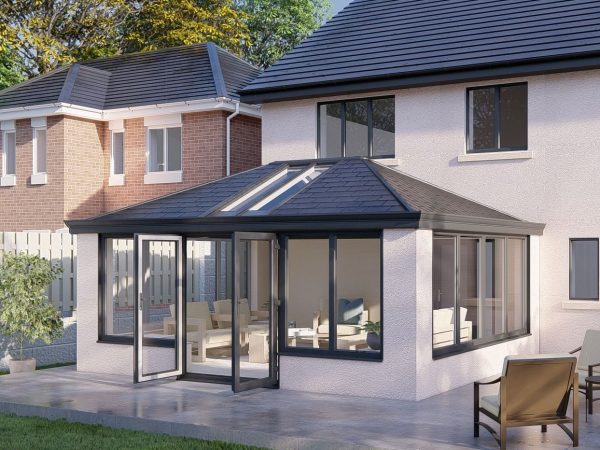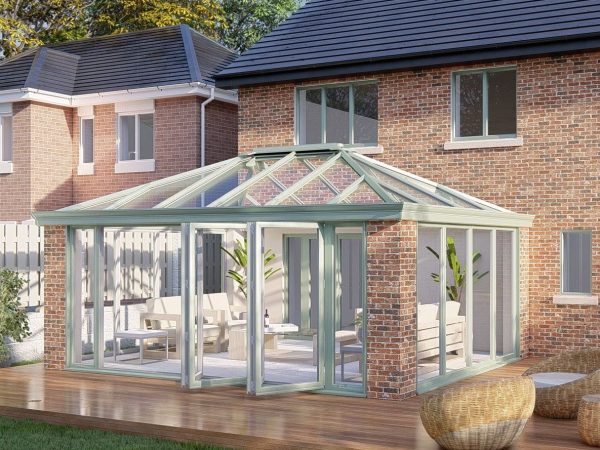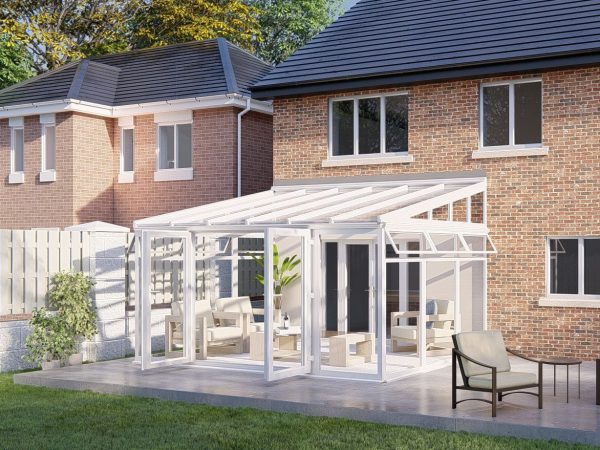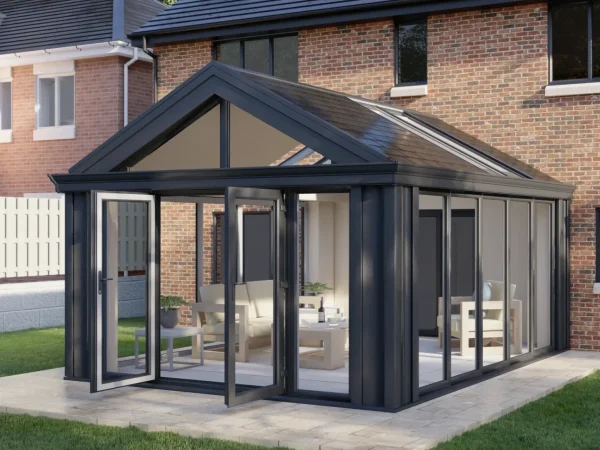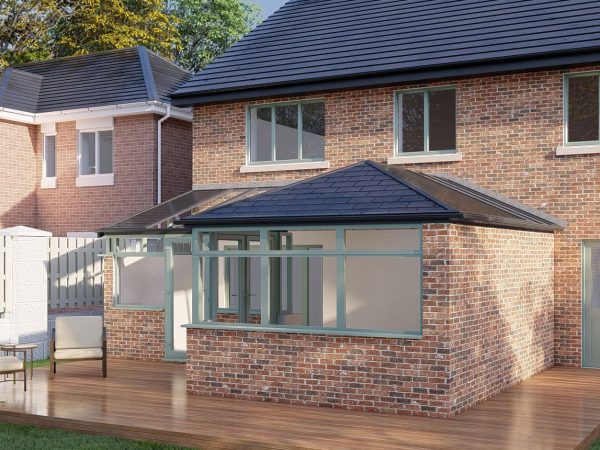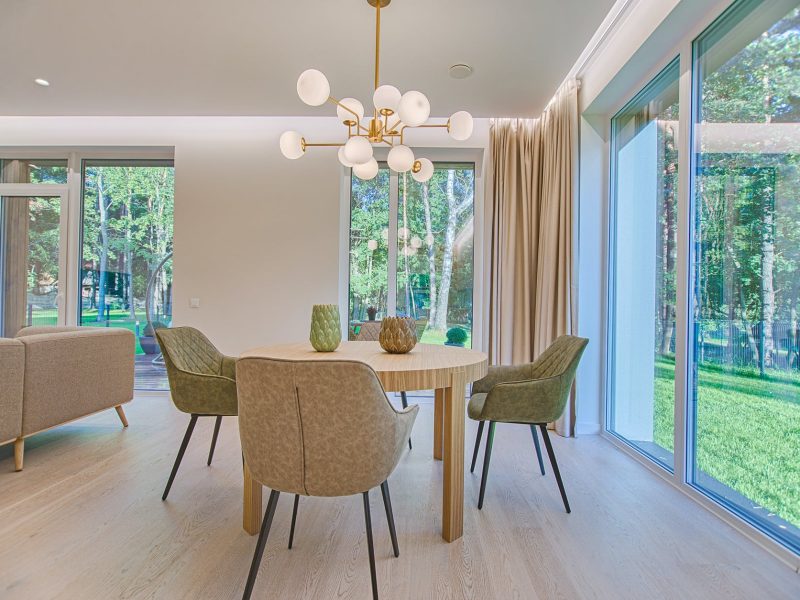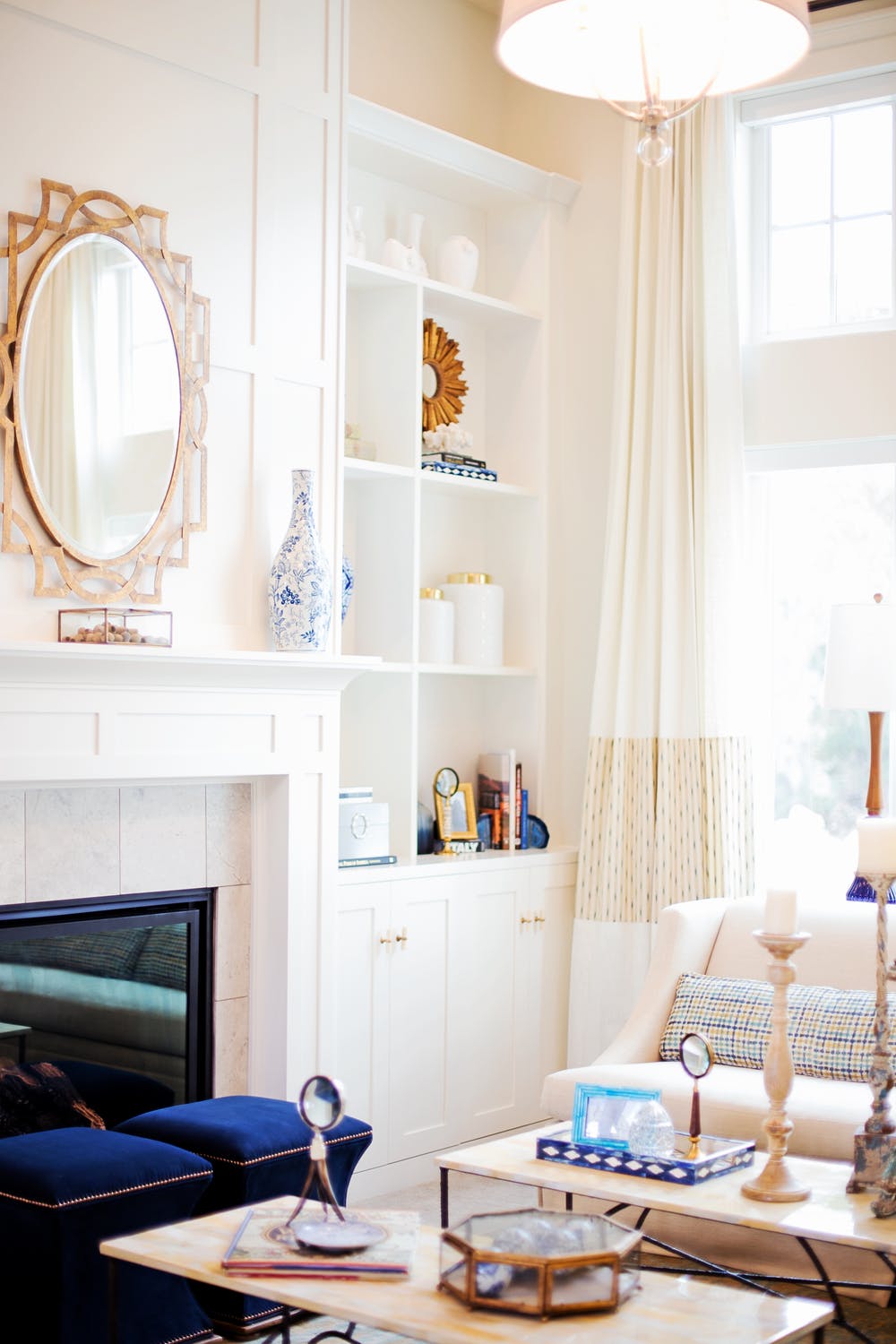Nevertheless, if you still have a few windows that are single glazed and you’re considering making the switch to double or even triple glazing, it’s helpful to know just how much of a difference it can make to your home and finances.
How Does Double Glazing Work?
Whereas single glazing refers to (you guessed it) a single pane of glass, double glazing is made up of an inner layer of glass and an outer layer of glass, separated by a spacer bar to create a pocket of air between the two panes. This air gap is filled with Argon gas as it makes an effective insulating barrier that reduces heat loss from your home.
While some people might think that double glazing is better than single glazing simply because two panes of glass is better than one, it’s the Argon that does most of the work. Argon gas is a far superior insulator than glass, so forms an excellent extra barrier between the warm inside of your home and the cold outside. Just for a bit of perspective, a single pane of glass is actually so effective at conducting heat that it encourages heat to escape to the outside – not exactly what you’re looking for in a window!
While the air gap in double glazing doesn’t have to be filled with Argon, at New Windows, we only use this gas due to its nonreactive properties. Air contains too much moisture (which can cause condensation) and oxygen can lead to rust and corrosion in the metal parts of the window, reducing its lifespan. Argon is also denser and more viscous than air (meaning molecular movement is inhibited), making it better able to prevent heat transfer.
How Much Difference Does Double Glazing Make?
Double glazing is an excellent investment that will help you heat your house more efficiently, reduce your energy bills, and act as a barrier to environmental noise.
The Energy Saving Trust even goes so far as to claim that installing high quality, A-rated double glazing in a typical gas-heated home can save a family between £115 and £120 per year. Astonishingly, twice as much heat is lost through single glazing in comparison to double, so if you’re sat feeling chilly whilst staring at your single glazing right now – it’s probably time to upgrade.
Single Glazing vs New Double Glazing
Switching from single glazing to double glazing is beneficial for a number of reasons. Here are a few advantages that you’ll experience in your home:
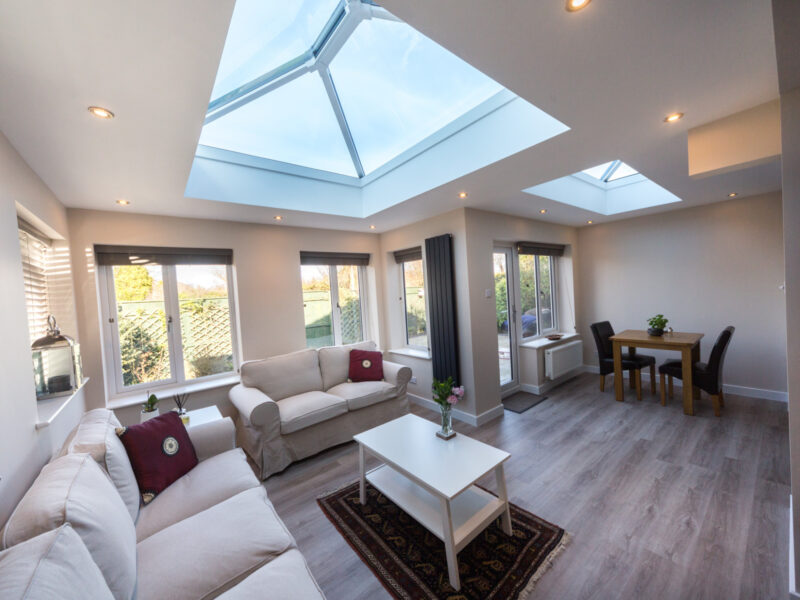 Architect Designed Living Spaces
Architect Designed Living Spaces
 Finance Options Available
Finance Options Available
